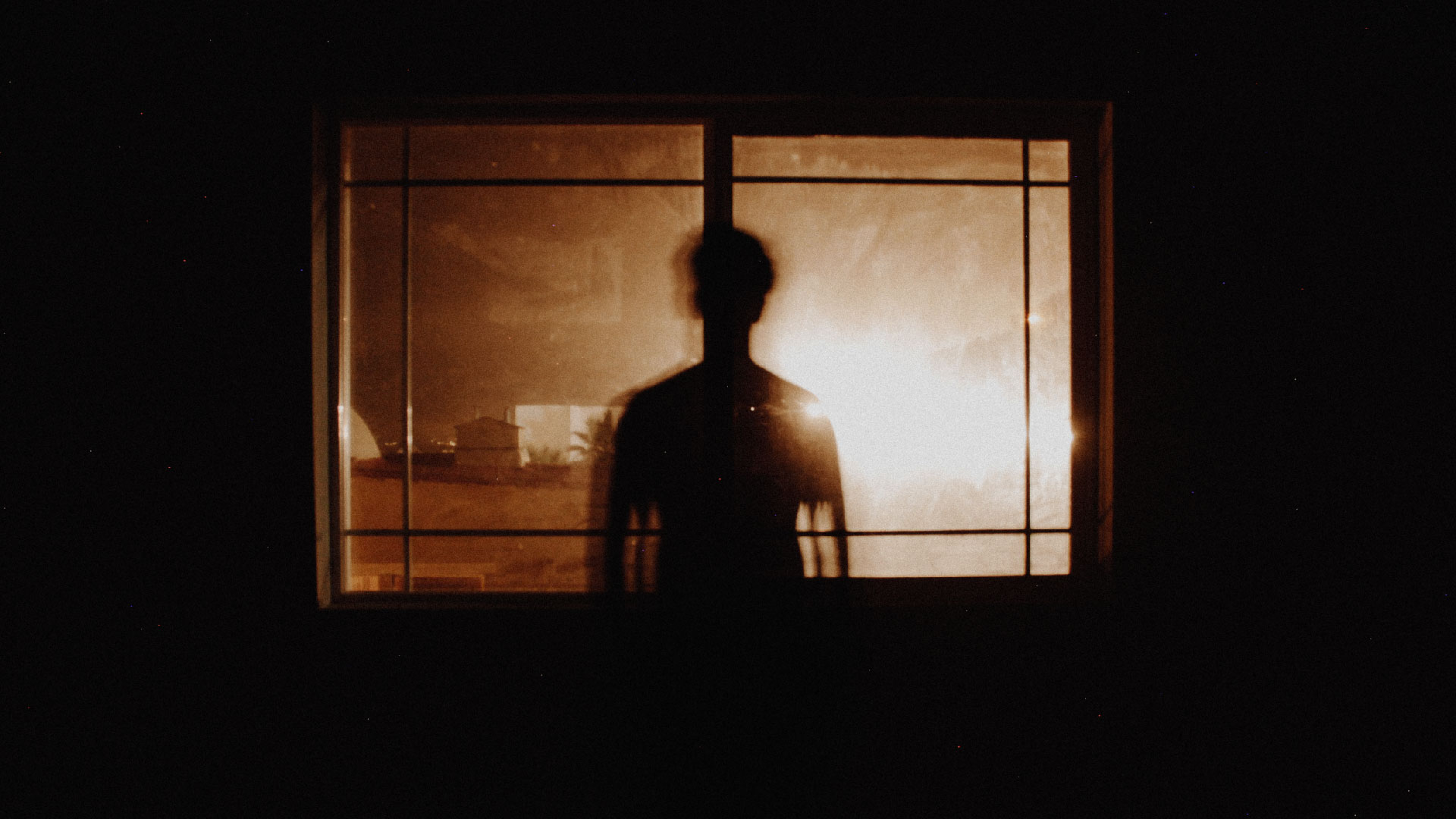Microdosing, the practice of taking psychedelics in sub-hallucinogenic doses (about 5-10% of a normal dose) is now more popular than ever. Garden-variety junkies and Silicon Valley professionals alike attest to its mood-improving, productivity-boosting effects. It is even touted as a cure for anxiety and depression. But, evidence for these benefits is largely anecdotal.
“The available evidence regarding the efficacy of microdosing for mental health remains inconsistent. Three of the four existing experimental studies on humans found no evidence for the alleged antidepressant and anxiolytic effects. The fourth found that 20μg LSD increased positive mood but also anxiety.”
The handful of scientific studies that have looked into the effects of microdosing on mental health have yielded mixed results. However, the internet has over the years selectively amplified positive results. This has distorted the big picture for non-scientists, and has given microdosing the aura of a mystical cure.
Recently, researchers conducted one of the most rigorous (preregistered, double-blind, and placebo-controlled) investigations into the effects of psilocybin microdosing on mood, anxiety and depression. The study attempted to replicate some of the previous studies that obtained positive results.
For instance, an observational study published in 2019 had found that microdosing reduced levels of depression and stress during a six-week period. In contrast, the current study did not find significant effects of psilocybin microdosing on stress or depression.
“Our finding that psilocybin microdosing does not affect symptoms of anxiety and depression contradicts previous survey studies which reported marked reductions in negative emotionality following the repeated microdosing of psychedelic substances.”
The study also investigated whether microdosing makes people more receptive of positive (as opposed to negative) cues in their environment. According to the researchers, this was prompted by a previous study that had found that psilocybin made people more sensitive to positive facial expressions.
The current study found no evidence that psilocybin makes it easier to identify happy facial expressions as opposed to angry, fearful and sad facial expressions. The study underscores the importance of not jumping the gun when it comes to psychedelic research, that is as of yet still in its infancy. Read more about the study by Josephine Marschall, George Fejer, Pascal Lempe, Luisa Prochazkova, Martin Kuchar, Katerina Hajkova, and Michiel van Elk here.








